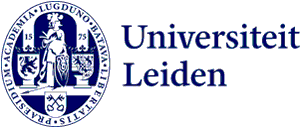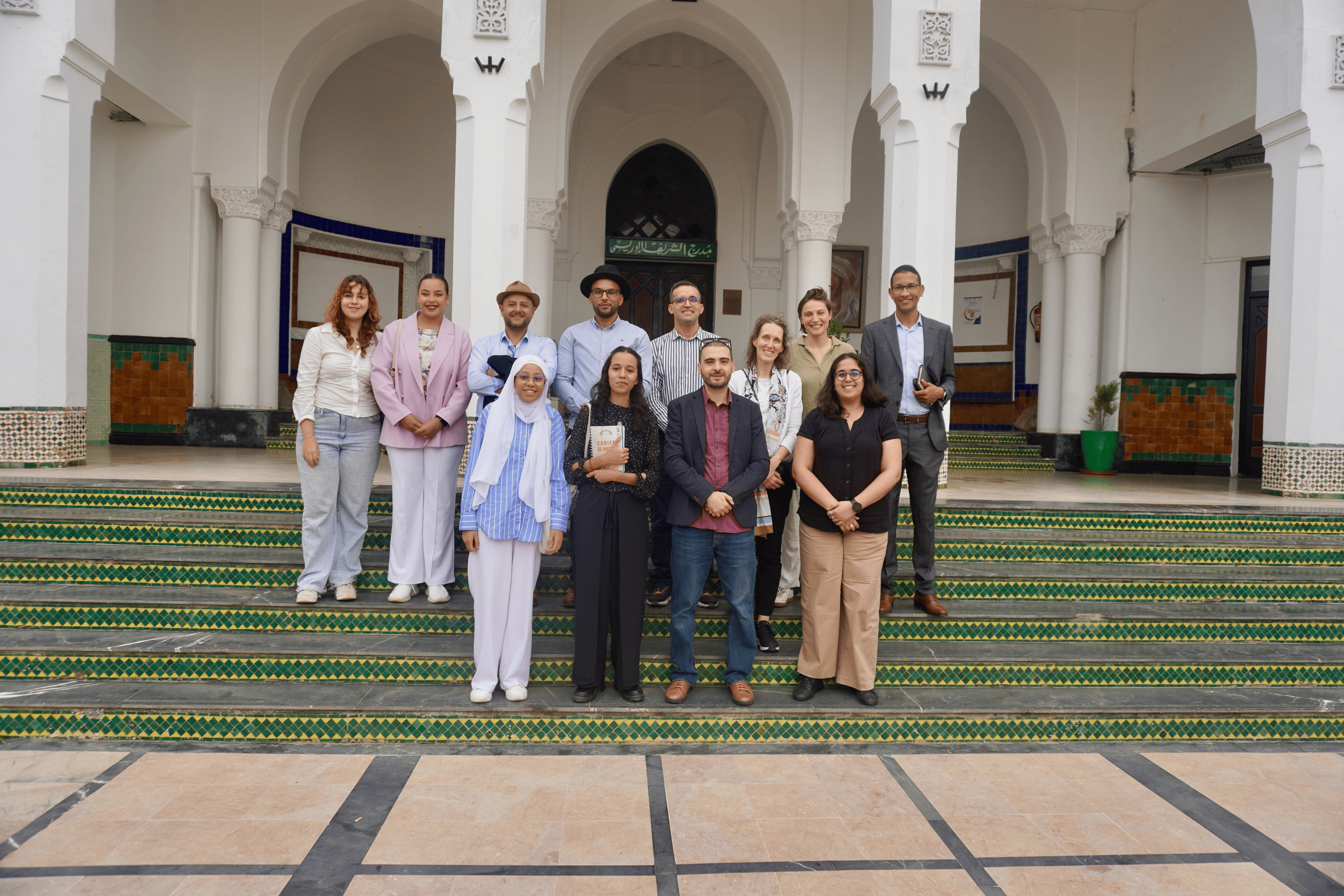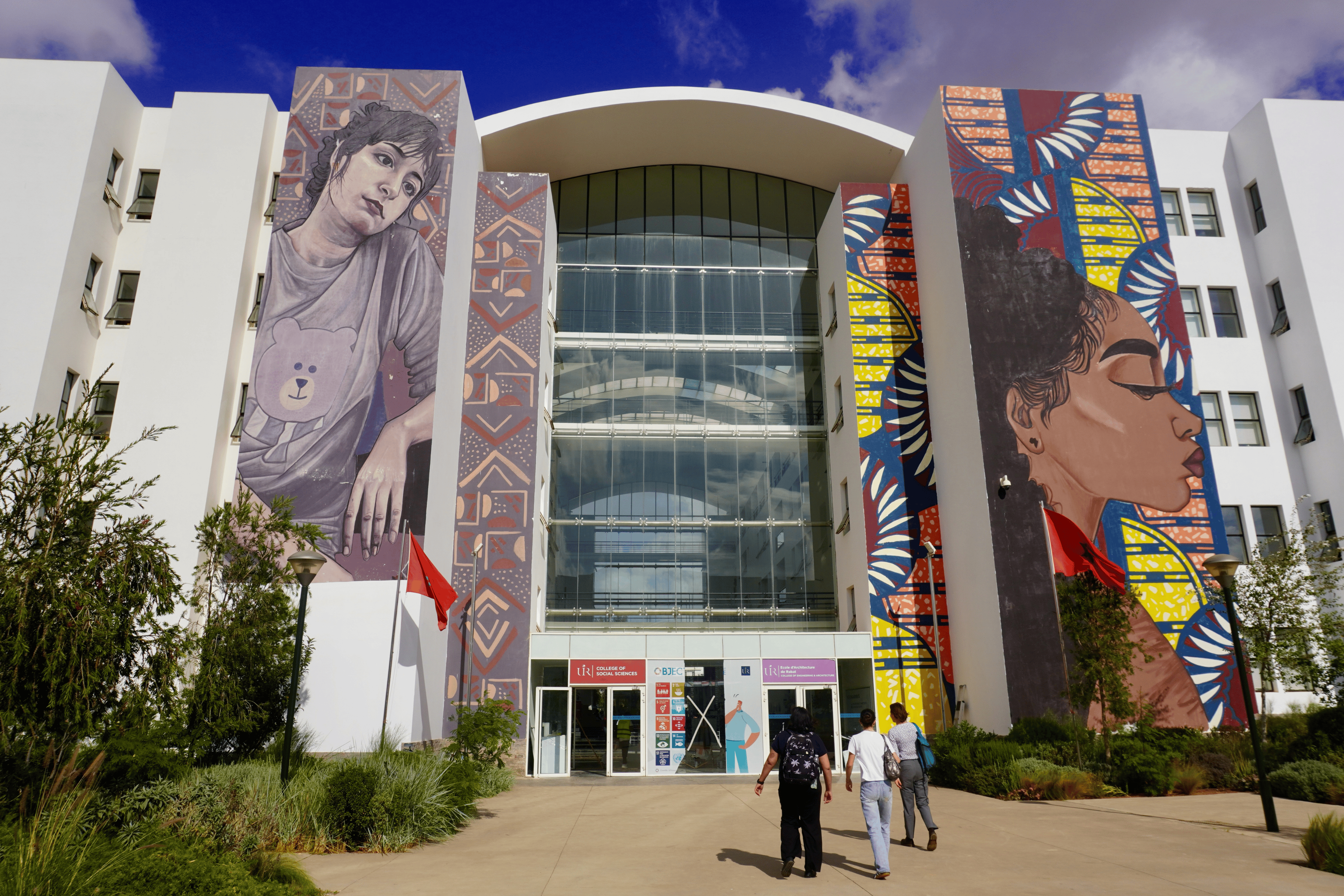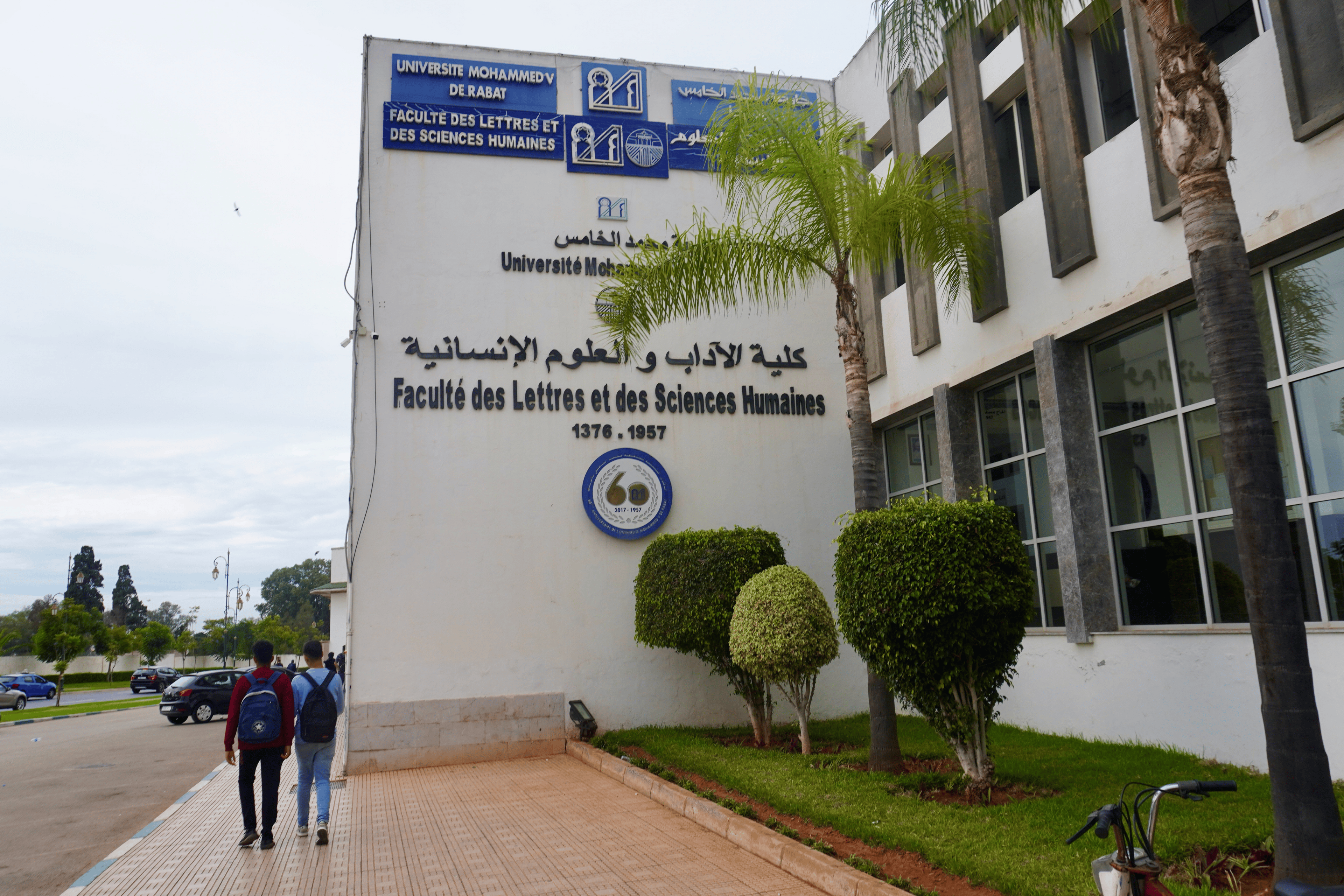
Socio-legal researchers tour Morocco to share migrants’ experiences
How do migrants navigate key life events? Researchers from the Living on the Other Side project looked at the experiences of migrants who have settled in Morocco. During a recent tour through Morocco, they shared their insights with respondents and fellow researchers.
While much migration research centres on movement from the Global South to the Global North, the Living on the Other Side (LOS) research project takes a different approach, exploring the lives of migrants who, for various reasons, have made Morocco their home. The research team explores how these migrants navigate the formal and informal aspects of key life events – births, marriages and deaths – addressing universal issues that resonate with us all.
In the final phase of this NWO-funded socio-legal research project, the team shared its findings in both the funding country and the host country. Following a roundtable in Leiden in September, which brought together experts on migration in the Global South, the team presented its insights to respondents, students, colleagues and civil society organisations across Morocco – a country at the crossroads of Africa, Europe and the Middle East.
Challenges faced by migrants from different home countries
The researchers visited students and colleagues at Mohammed V University in Rabat and the International University Rabat. Both universities draw students from West Africa and Central Africa, as well as Europe. This meant the issue of inequality in migration surfaced repeatedly during the meetings: those with EU passports can enter on tourist visas and, if they pay a brief visit to the two Spanish enclaves in the north of Morocco, they can renew their three-month legal residency upon re-entry. While this practice technically makes them irregular migrants but is widely tolerated, the same does not apply to their African counterparts.
The LOS project revealed key challenges faced by migrants from Sub-Saharan Africa, the Middle East and South Asia as they try to register births, marriages and deaths in Morocco. Respondents often encounter obstacles due to limited finances, language skills and lack of legal status. These findings surprised some students and colleagues, given Morocco’s national migration policy, which was launched in 2013 and emphasises integration. The policy contained two temporary regularisation programmes in 2014 and 2017, which is unique to the wider MENA region.
Life and death in migrant communities
The trip also included some unique moments that highlighted the emotional weight and cultural significance of key life events. During a visit to respondents in Fes, the research team presented its findings at an event that also honoured a recently deceased community member. Together with Cameroonian and Nigerian respondents, they shared memories, recounted his final days in detail and enjoyed a shared meal of rice and chicken, leaving a lasting tribute. This day illustrated how close connections in research do matter – especially at times when life and loss intertwine for us all.
The LOS team actively discussed its recommendations with civil society organisations including UNHCR, IOM (International Organisation for Migration), Droit et Justice, en OMDH (Moroccan Organisation for Human Rights). While significant progress has been made, meetings revealed ongoing challenges. Inconsistencies in the formal documents required for registering births, marriages and deaths persist, varying both between regions and sometimes even within the same municipality. Furthermore, cemetery registers do not accurately track migrants’ burial locations; a concern that aligns with a report by the Ministry of Interior highlighting the overall poor conditions of many cemeteries in Morocco. The research team suggested improving collaboration with migrant community leaders to address these issues more effectively.
The search for a better life on the other side
Respondents from West Africa and Central Africa often expressed how they were ‘à la recherche de la vie’ – in search of a better life. This pursuit is not unique to them; it’s a shared human aspiration. Living on the Other Side highlights that chercher la vie deserves recognition both on a human level and within academic research, regardless of whether the movement is from the Global South to the Global North, within the South, within the North or from the Global North to the Global South. After all, at some point, many of us feel the pull to find out how it is to live on the other side.



